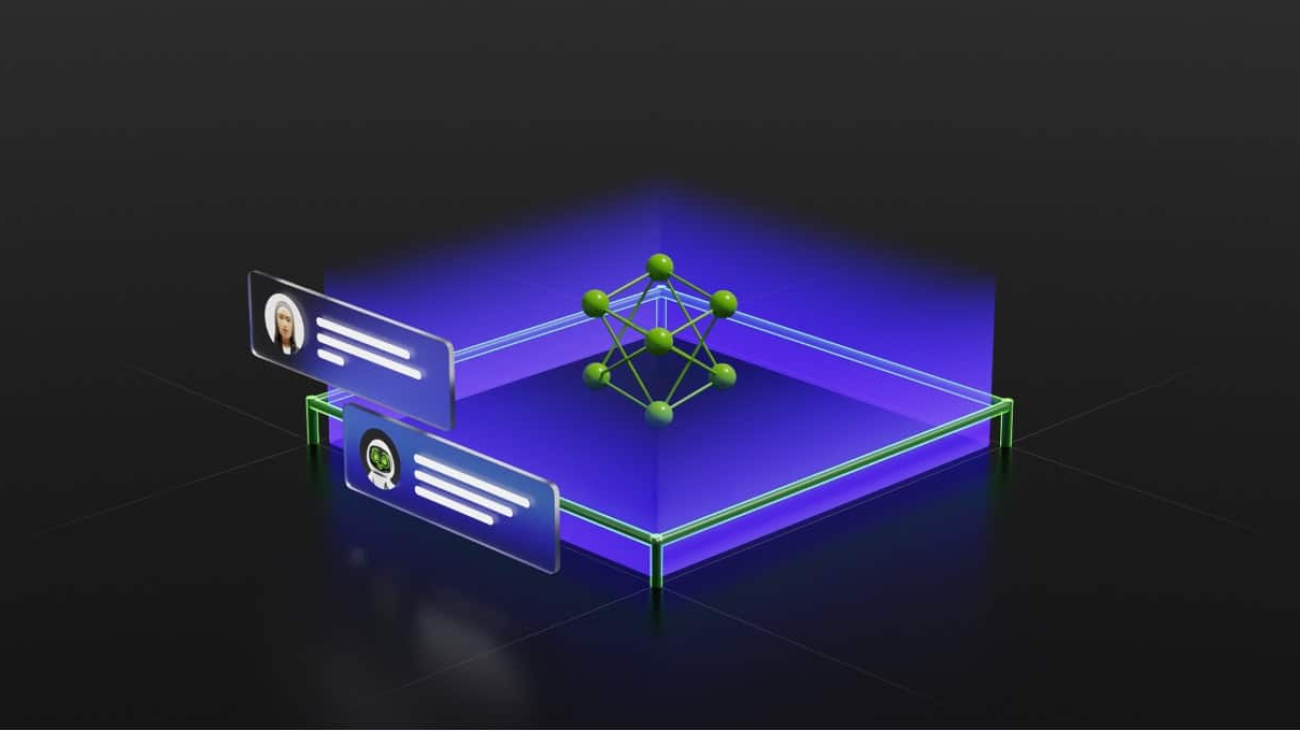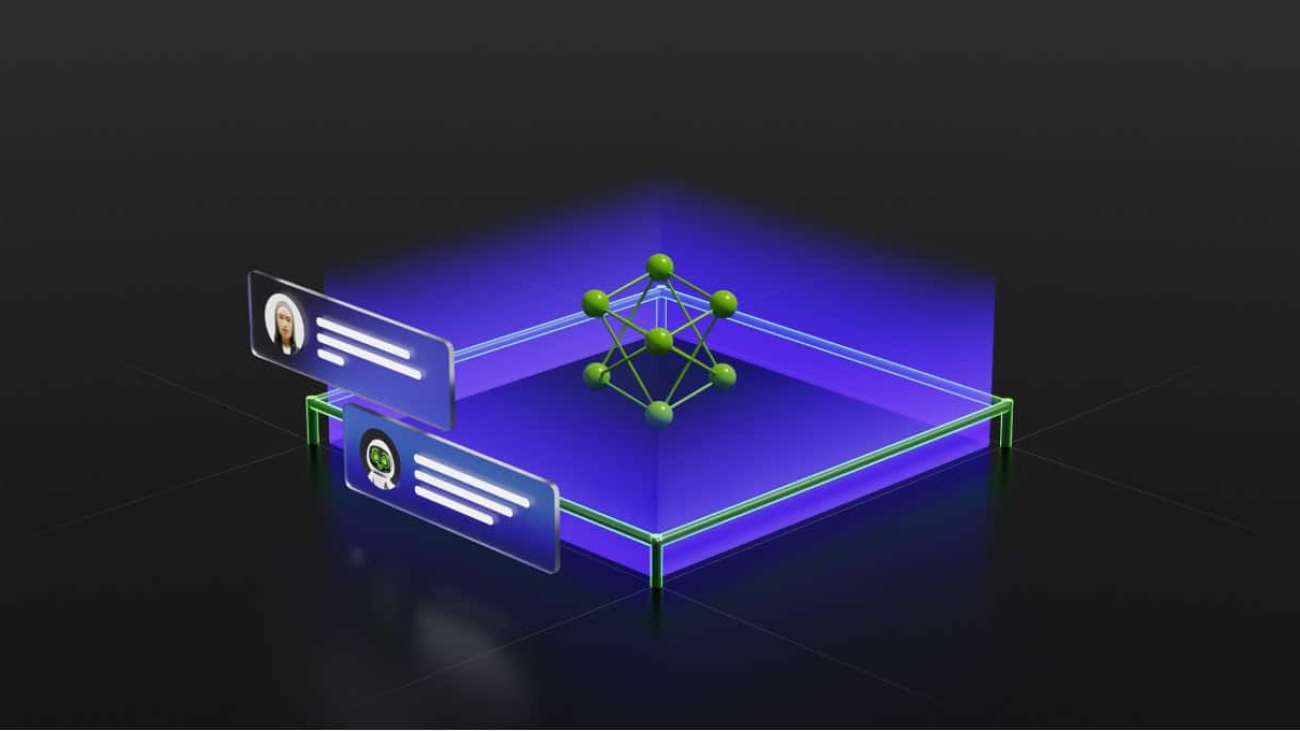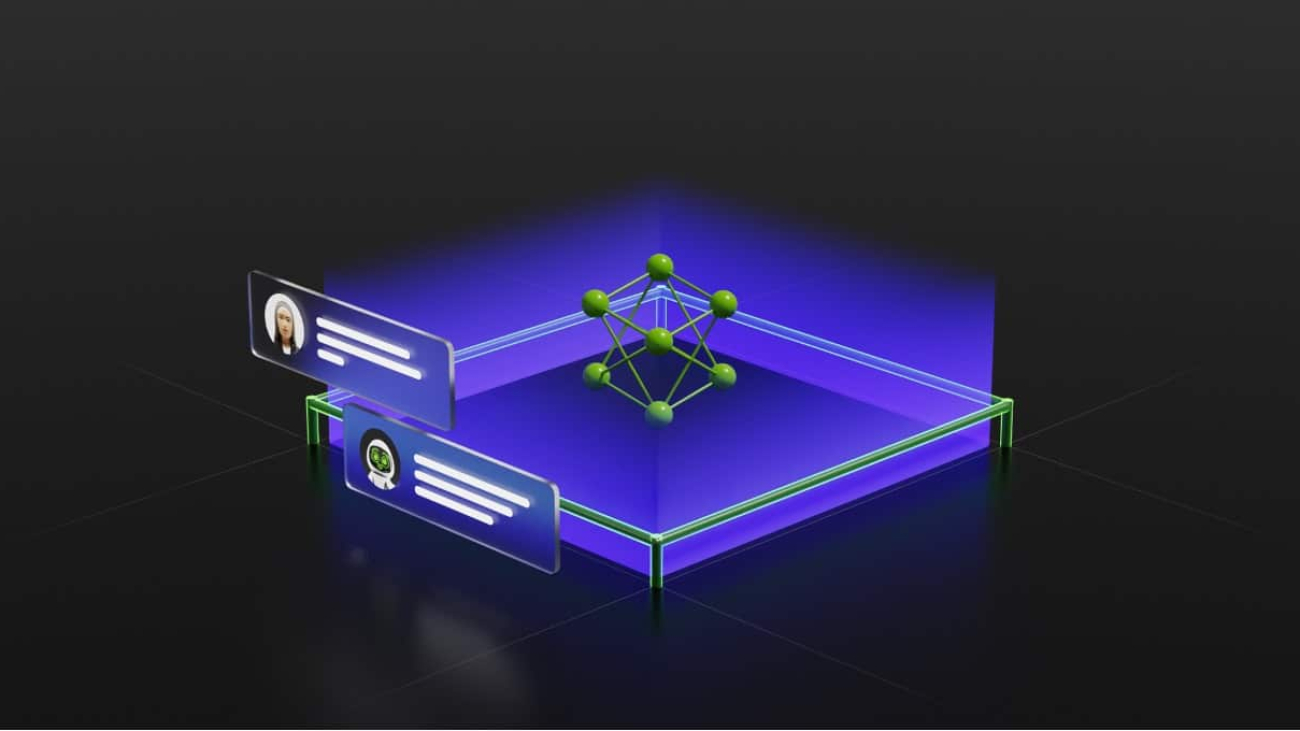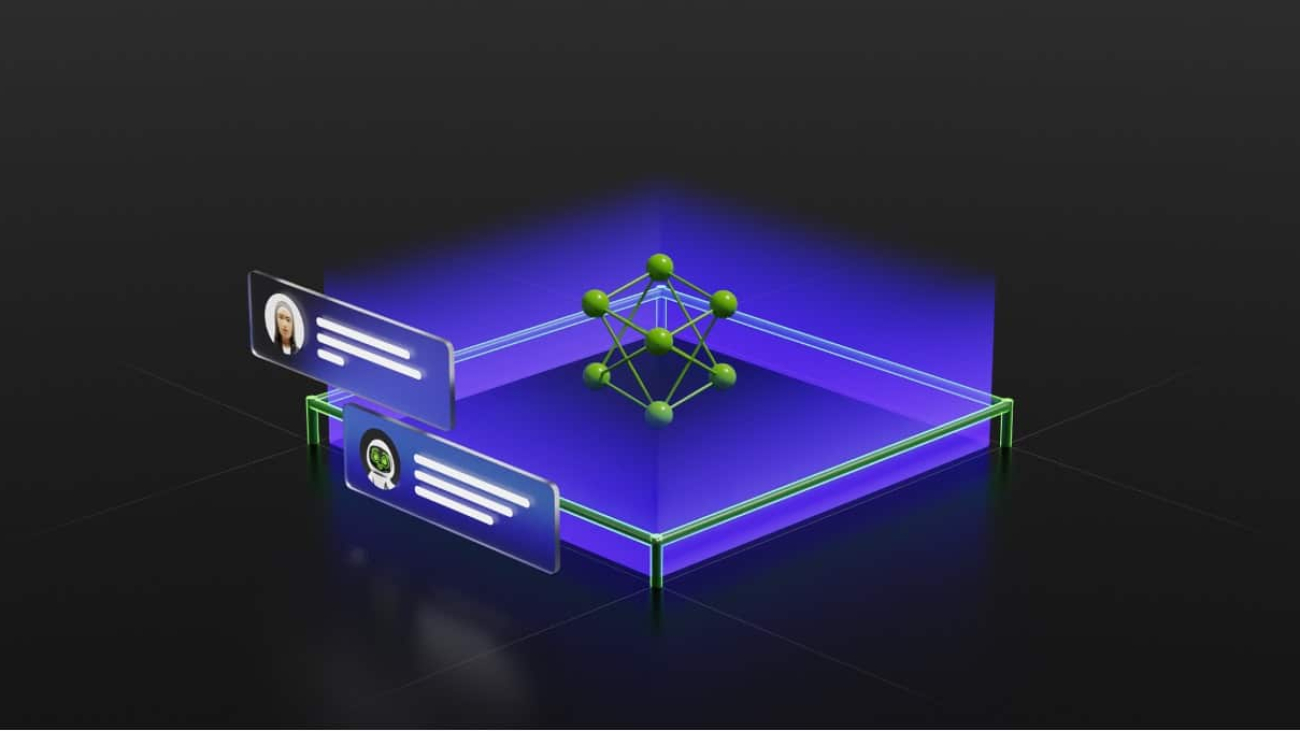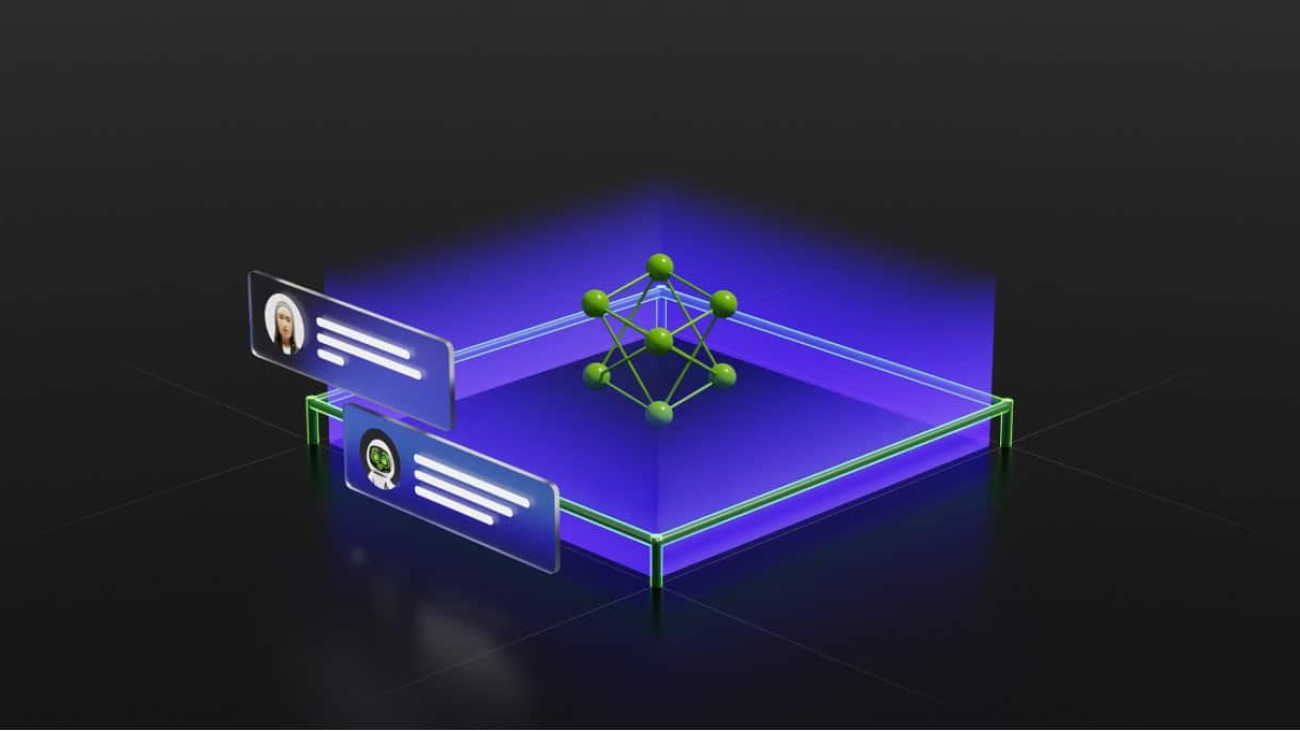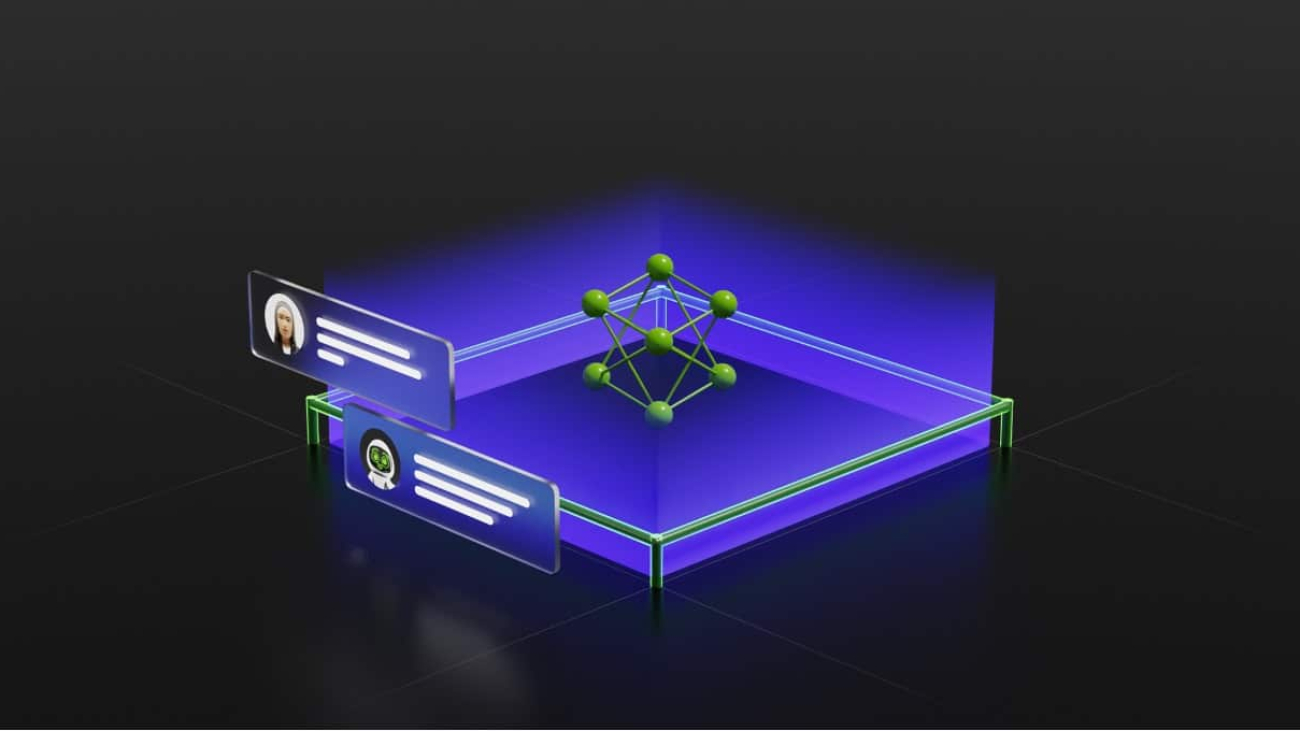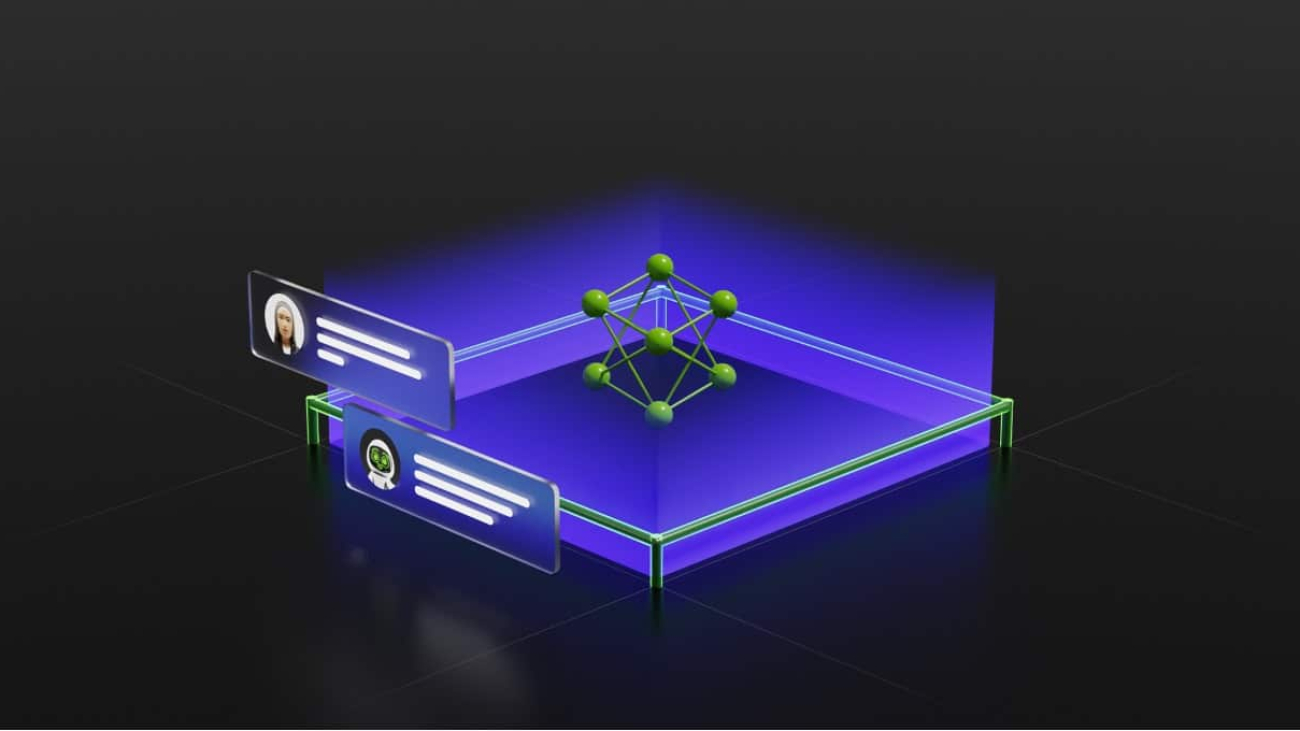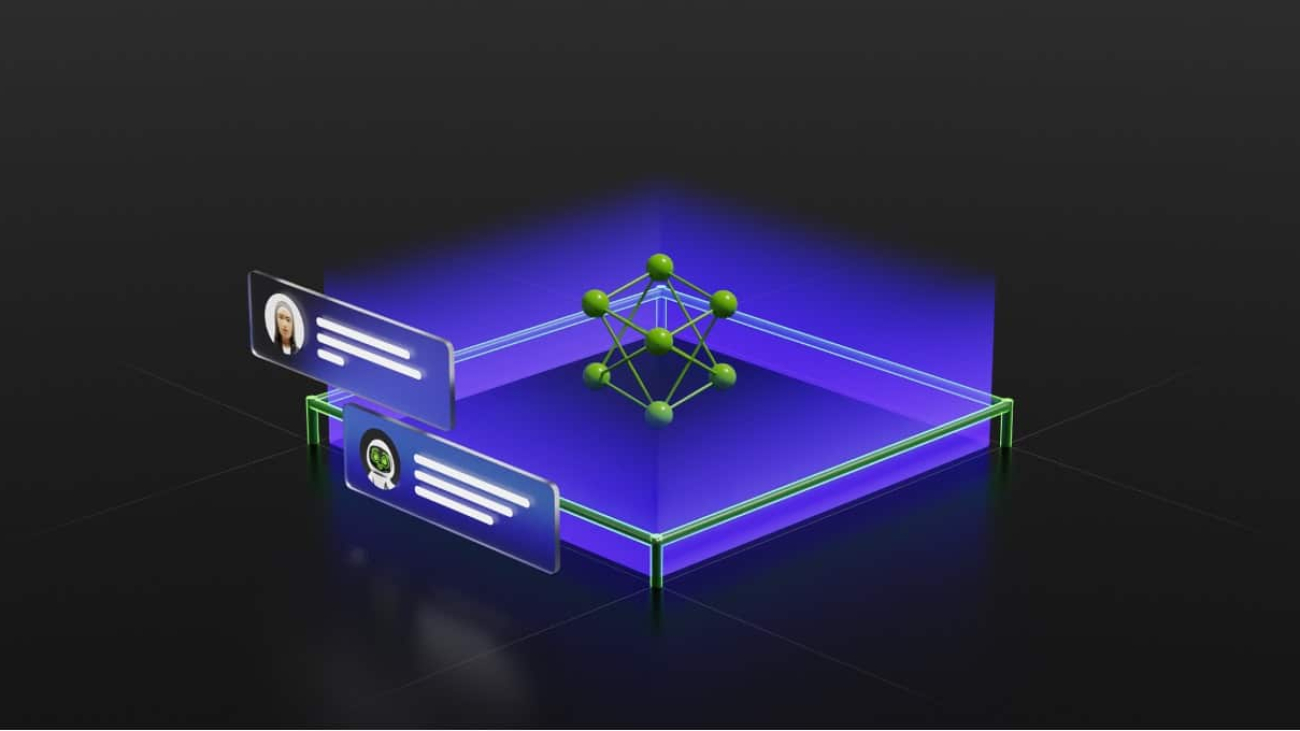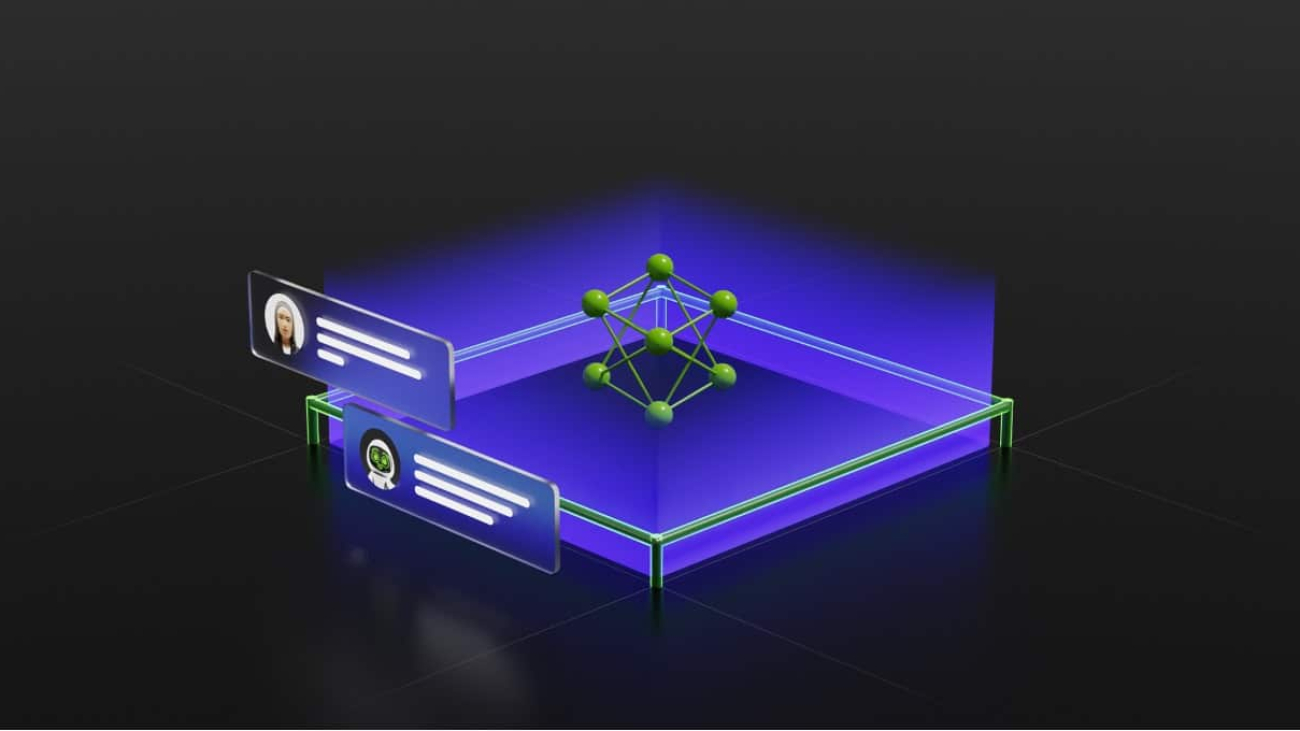Life sciences and healthcare organizations across India are using generative AI to build applications that can deliver life-saving impacts — within the country and across the globe.
Among such leading organizations are research centers at the Indian Institute of Technology Madras (IIT Madras) and the Indraprastha Institute of Information Technology Delhi (IIIT-Delhi), intelligent life sciences company Innoplexus and AI-led medical diagnostics platform provider 5C Network.
Central to their work are NVIDIA NIM microservices, including the new Nemotron-4-Mini-Hindi 4B microservice for building sovereign AI applications and large language models (LLMs) in the Hindi language.
The Nemotron-4 Hindi model delivers the highest accuracy across benchmarks in 2 billion to 8 billion model-size categories for Hindi.
With the Indian healthcare market projected to grow from about $180 billion last year to $320 billion by 2028, the new AI model has the potential to dramatically improve healthcare accessibility and efficiency.
To gear up for such growing demands — and to help more patients faster — the Indian government is significantly investing in building foundational AI models designed and developed within the country, including for healthcare, through initiatives like the IndiaAI Mission.
Members of the Indian healthcare ecosystem are leading the charge by advancing neuroscience research, combating antibiotic resistance, accelerating drug discovery, automating diagnostic scan analysis and more — all with AI’s help.
IIT Madras Advances Neuroscience Research With AI
The IIT Madras Brain Centre is advancing neuroscience research by imaging whole human brains at a cellular level across various ages and brain diseases, and using AI to analyze these vast petabyte-sized primary datasets. The work is opening new avenues for understanding brain structure and function, as well as how they change in disease conditions, accelerating research that could lead to life-saving discoveries.
To make information about the brain more accessible to STEM students and researchers, the center is developing an AI chatbot — using the Nemotron-4 Hindi NIM microservice — that can answer neuroscience-related questions in Hindi.
This builds upon the center’s existing NVIDIA AI-powered knowledge-exploration framework, called Neuro Voyager. Developed using visual question-answering models and LLMs, Neuro Voyager lets researchers submit queries related to brain images and provides highly accurate answers using multimodal information retrieval.
IIT Madras developed Neuro Voyager using both real-world data from research publications and synthetic data.
Using NVIDIA NeMo Retriever, a collection of NIM microservices for information retrieval, the team achieved a 30% increase in accuracy through fine-tuning of the embedding model and further refinement of the framework.
For the tool’s answer-generation portion, the researchers tapped the Llama 3.1 70B NVIDIA NIM microservice, running on NVIDIA DGX systems, which accelerated LLM inference 4x compared with the native model.
IIIT-Delhi-Led Consortium Fights Antimicrobial Resistance Using Generative AI, NVIDIA DGX
A research group at IIIT-Delhi is using the Nemotron-4 Hindi model to collect antibiotic prescription patterns in local languages, including Hindi.
Antimicrobial resistance — among the world’s greatest threats to global health — occurs when bacteria, viruses, fungi and parasites change over time, no longer responding to treatment and increasing the risk of disease spread, severe illness and death.
IIIT-Delhi researchers predict that AI-guided antimicrobial stewardship will be a key component of preventing the tens of millions of deaths that could be caused by antimicrobial resistance between 2025 and 2050.
The researchers’ AI-powered data integration and predictive analytics tool, AMRSense, improves accuracy and speeds time to insights on antimicrobial resistance. Powered by NVIDIA NeMo platform-based natural language processing, AMRSense is designed to be used in hospital and community settings.
This collaborative solution between IIIT-Delhi and a consortium of other research institutions placed second out of over 300 entries in the Trinity Challenge, a competition that calls for data-driven solutions to help tackle global health threats.
IIIT-Delhi is also using NVIDIA DGX systems to build foundation models that can further hone its workflows.
5C Network Uses NVIDIA NIM, MONAI for AI-Powered Medical Imaging
Bengaluru- and Coimbatore-based 5C Network’s Bionic suite of medical imaging tools, based on computer vision and LLMs, is helping transform radiology reporting by reading, detecting and analyzing medical scans and generating comprehensive medical notes that provide actionable insights to support clinicians in decision-making.
Used across India’s largest hospital groups and several marquee hospitals, Bionic detects pathologies in scans, such as lung lesions in X-rays or brain masses in MRIs. It then provides detailed measurements of abnormalities, such as the size, volume or density of lesions to assess disease severity and treatment planning. Finally, Bionic compiles the data into clear, actionable reports with suggested next steps, such as further testing or specialist referrals.
Bionic was developed using the open-source MONAI framework, the NVIDIA TensorRT ecosystem of application programming interfaces for high-performance deep learning inference, and the NVIDIA NeMo platform for custom generative AI.
Using the Nemotron-4 Hindi NIM microservice, 5C Network is now enhancing its client app, which allows patients to ask questions about radiology reports and receive quick, accurate responses in simplified Hindi.
Innoplexus Analyzes Protein Interactions With NVIDIA NIM
Innoplexus, a member of the NVIDIA Inception program for cutting-edge startups, has built an AI-powered life sciences platform for drug discovery powered by NVIDIA NIM, including the AlphaFold2 NIM microservice.
Protein-protein interaction (PPI) is critical to pathogenic and physiologic mechanisms that trigger the onset and progression of diseases. This means understanding PPI can help facilitate effective diagnostic and therapeutic strategies.
Innoplexus performs large-scale PPI predictions up to 500x faster than traditional methods. The company’s platform can analyze 200 million protein interactions in just seconds, tapping into NVIDIA H100 Tensor Core GPU acceleration.
Using NVIDIA NIM microservices, Innoplexus generates synthetic patient data to boost its AI models and performs virtual screenings of 5.8 million small molecules in less than eight hours — 10x faster than without NIM.
Plus, the microservices help Innoplexus identify the most effective, safest drugs within a given set of therapeutic agents with 90% accuracy.
Using the new Nemotron-4 Hindi model, Innoplexus is developing a tool that will let users easily access and understand information about Ayurveda, a system of traditional medicine native to India, based on Hindi content from key repositories.
Another Innoplexus LLM application, built with the new Hindi model, explains details about user prescriptions and medical reports — based on photos of them — in easy-to-understand terms.
NVIDIA NIM microservices are available as part of the NVIDIA AI Enterprise software platform. Developers can get started with them for free at ai.nvidia.com.
In addition, global system integrators including Infosys, Tata Consultancy Services (TCS), Tech Mahindra and Wipro are collaborating with NVIDIA to help life sciences and healthcare companies accelerate their generative AI adoption.
Learn more about the latest in generative AI and accelerated computing at the NVIDIA AI Summit in India, and subscribe to NVIDIA healthcare news.

